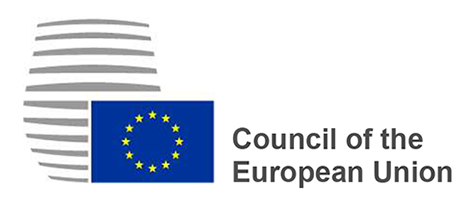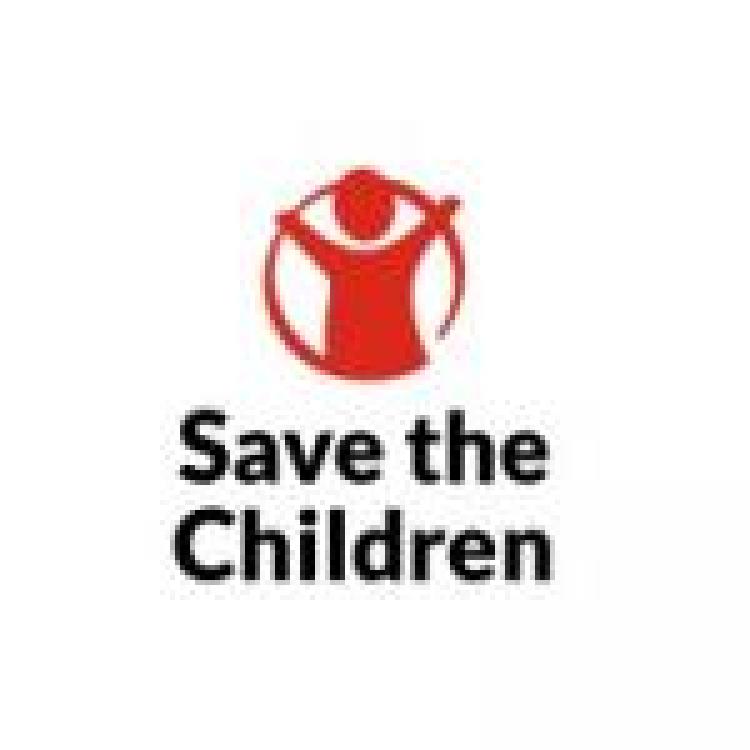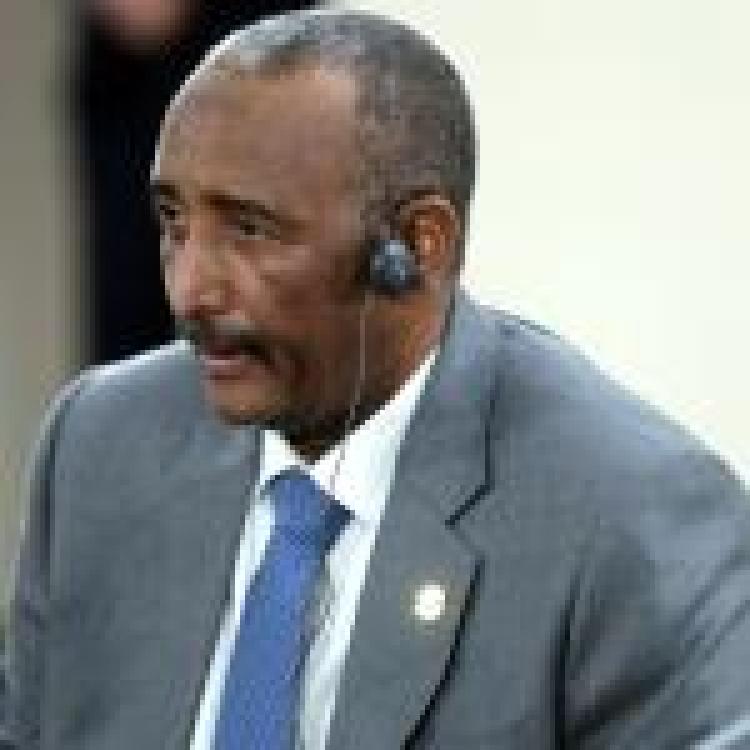
The European Council adopted sanctions against six individuals responsible for atrocities in the ongoing conflict in Sudan.
Fighting continues between the Sudanese Armed Forces (SAF) and the Rapid Support Forces (RSF) and their respective affiliated militias. In response to this the European Council has adopted "restrictive measures" against six individuals responsible for activities "undermining the stability and political transition of Sudan".
On the RSF side, the new listings include Abdulrahman Juma Barakallah, a General commanding the RSF in West Darfur who is responsible for committing atrocities and other abuses, instigating ethnically motivated killings, targeted attacks on human rights activists and defenders, conflict-related sexual violence, and the looting and burning of communities. They also include the RSF’ financial adviser, as well as a prominent tribal leader of the Mahamid clan affiliated with the RSF in West Darfur.
On the SAF side, sanctions target the Director General of Defense Industry System (DIS), a company already sanctioned by the EU, and the Commander of the Sudanese Air Force, El Tahir Mohamed El Awad El Amin, for their responsibility in the indiscriminate aerial bombing of densely populated residential areas since the beginning of the conflict. Ali Ahmed Karti Mohamed, a former Sudanese Minister of Foreign Affairs under the Government of Omar al-Bashir is also listed.
Those targeted are subject to an asset freeze and a prohibition on the provision of funds or economic resources to them, directly or indirectly. Additionally, they are subject to travel bans in the European Union.
On 22 January 2024, the Council adopted a first set of restrictive measures against six entities of the SAF and the RSF responsible for supporting activities undermining the stability and political transition of Sudan.
Earlier this year the United Nations appealed for $4.1bn to meet the humanitarian needs of Sudan as the ongoing armed conflict has led to the world's largest displacement crisis with half of the population facing hunger.
Read more at Reuters



